Get updates and news from Marie Gale!
Category: Legislation & Regulation
-
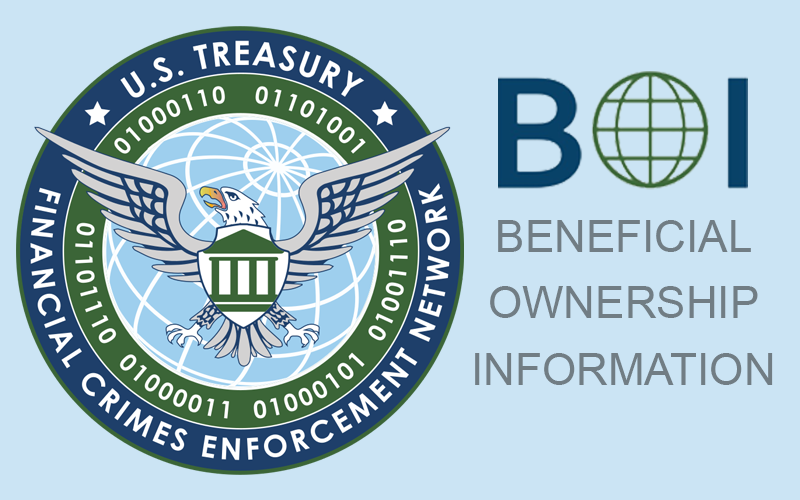
Update on BOI Filing – It’s On Again
Another court decision – reporting Beneficial Ownership Information with the US Treasury is BACK ON.
-
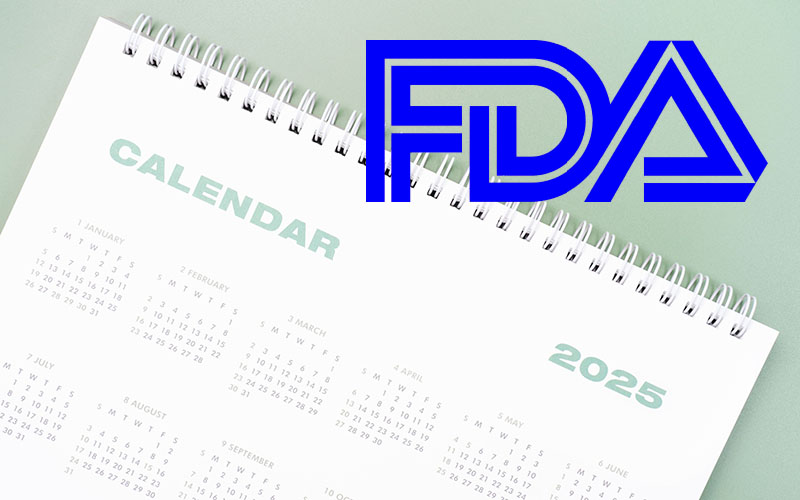
FDA Regulatory Agenda – Fall 2024
The Fall 2024 Unified Agenda of Regulatory Actions is out. The FDA updated the timetable for issuing MoCRA regulations.
-

Consumer Reviews & Testimonials
On August 21, 2024, the FTC announced their new regulations on endorsements and testimonials. No more fake reviews!
-
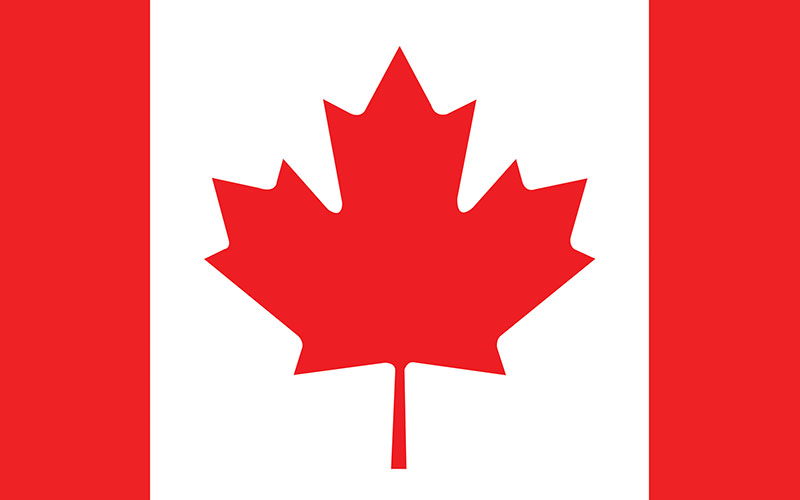
Canadian Cosmetic Regs Updated
The Canadian cosmetic regulations were update on April 12, 2024. The biggest change is listing of fragrance allergens. The new regs go into effect over the next 6 to 24 months.
-

Real Life Advertising Content
“Real life advertising content” is the holy grail when it comes to promoting your products. After all, what’s better than someone singing the praises your product and posting it on social media! However, there are a few legal points to keep in mind.
-
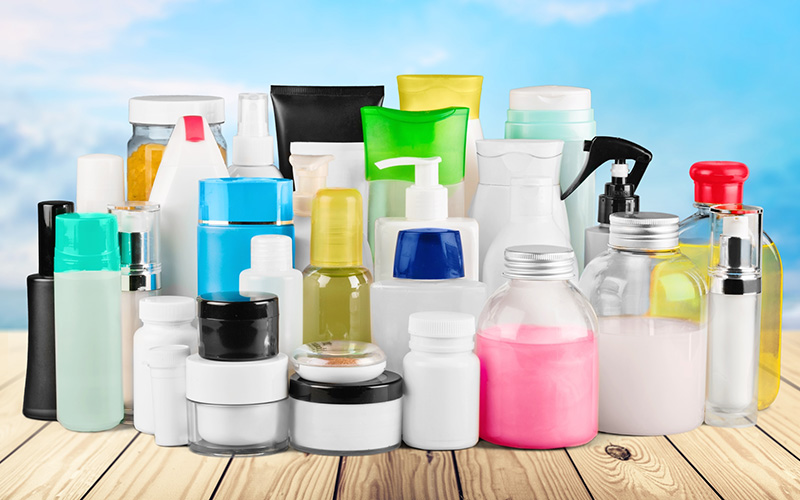
Extended Producer Responsibility
“Extended Producer Responsibility” refers to a new(ish) movement to shift responsibility for the cost of recycling to producers rather than consumers. California, Colorado, Oregon, and Maine have already enacted EPR Laws
-
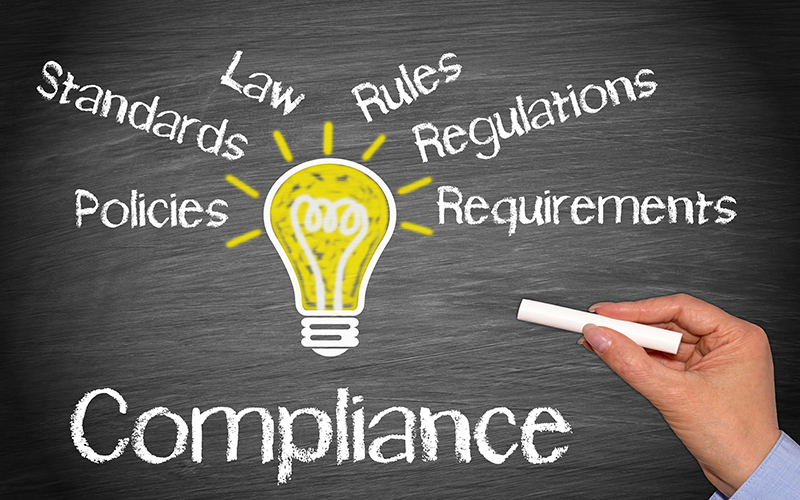
Laws, Regulations, Guidances, and Standards
Laws, regulations, guidances, and standards. They all seem like something that you need to comply with, but they are different. Here’s what you need to know.
-
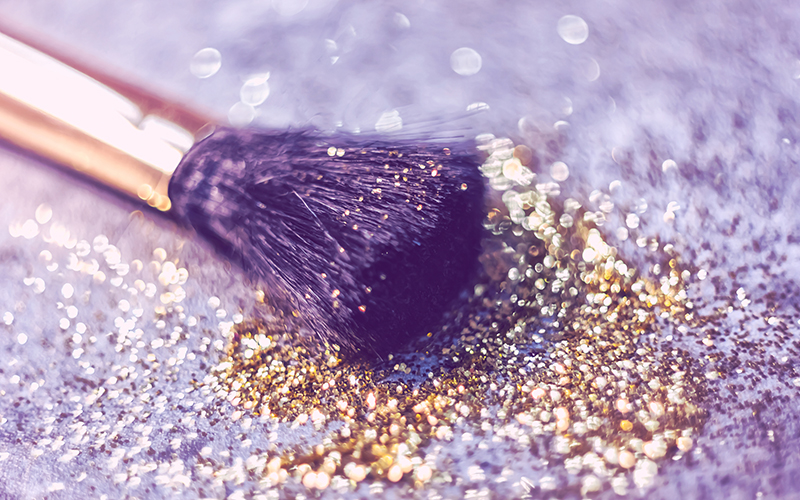
Glitter – New EU Ban
On September 25, 2023, the EU adopted measures to restrict intentionally added microplastics in cosmetics and many other products. Loose glitter is prohibited as of Oct 15, 2023.
-

Using ChatGPT for labeling advice?
ChatGPTis all over the internet. But can it be used for labeling advice? Is it reliable? Turns out it tends to hallucinate!
-
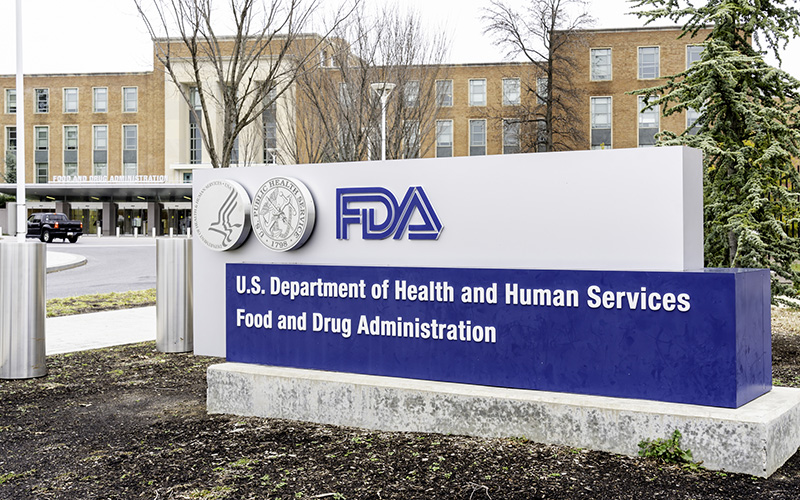
FDA Stops Voluntary Cosmetic Registration Program
The FDA announced today that effective immediately they are no longer accepting submissions into the Voluntary Cosmetic Registration Program (VCRP).
-

Made in “My State” Claims
The FTC sets standards for the truthfulness of “Made in the USA” claims. Now it looks like a claim that a product is made in a specific state must meet the Made in the USA standard.
-
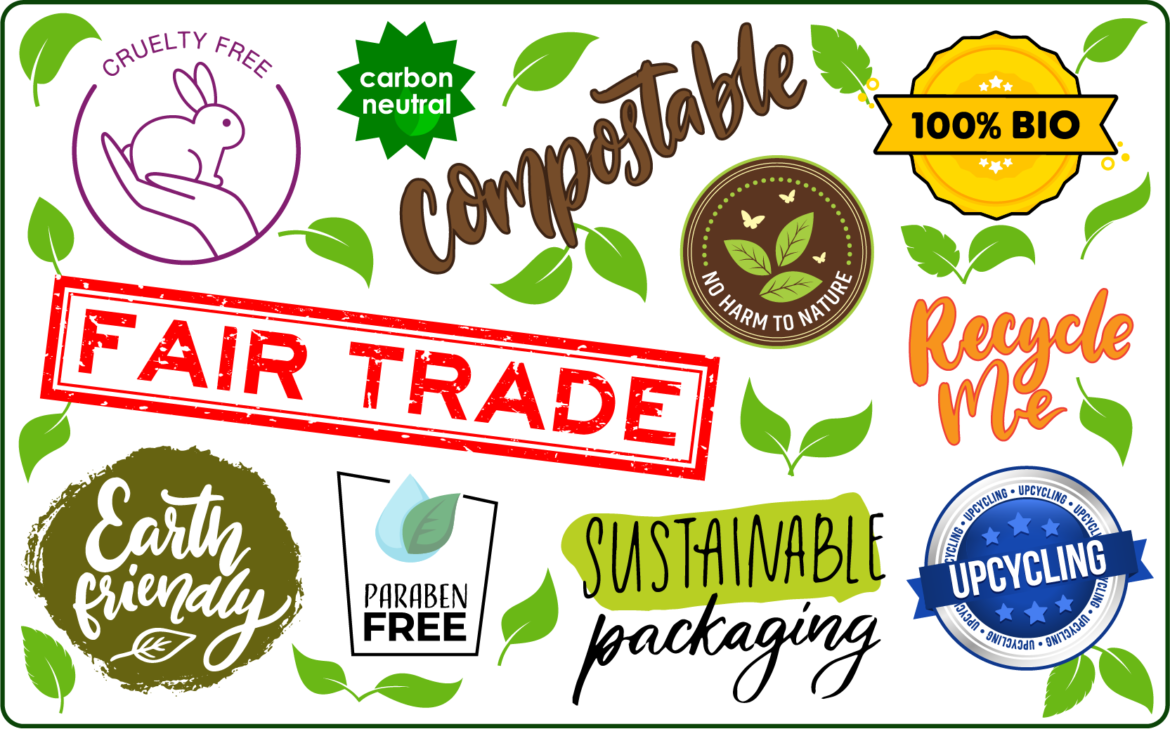
FTC is Updating the Green Guides
The FTC has started the every-10-year review of the Green Guides, which are the regulations covering claims that a product or service has “environmental benefits.”
